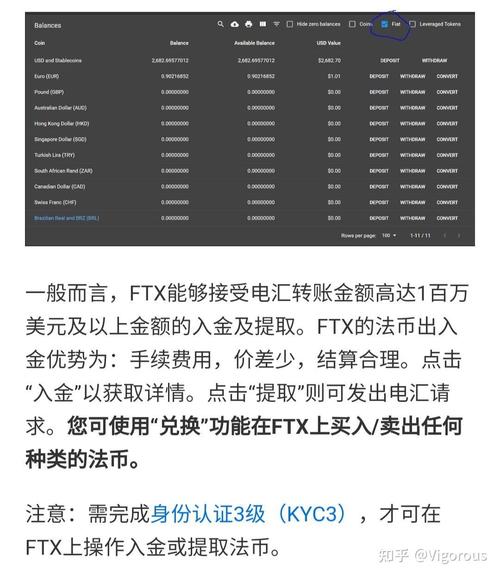Is Bitcoin a Real Coin?
Is Bitcoin a Real Coin?
Have you ever wondered if Bitcoin, the digital currency that has taken the financial world by storm, is truly a real coin? In this detailed exploration, we delve into the various aspects of Bitcoin to answer this question comprehensively.
Understanding Bitcoin

Bitcoin, often referred to as the first cryptocurrency, was created in 2009 by an anonymous person or group of people using the pseudonym Satoshi Nakamoto. It operates on a decentralized network called the blockchain, which ensures transparency and security.
Is Bitcoin a Physical Coin?

No, Bitcoin is not a physical coin. Unlike traditional currencies, Bitcoin does not exist in a tangible form. It is a digital asset that can be stored in digital wallets, which can be either online or offline.
How Does Bitcoin Work?
Bitcoin operates through a peer-to-peer network, where transactions are recorded on a public ledger called the blockchain. Miners, who are users with powerful computers, validate these transactions and add them to the blockchain. In return, they receive Bitcoin as a reward.
Is Bitcoin a Legal Tender?
Bitcoin is not recognized as legal tender in most countries. While some countries have started to recognize and regulate Bitcoin, it is not universally accepted as a means of payment. However, its value as a digital asset has made it a popular investment option.
Is Bitcoin a Safe Investment?
Bitcoin’s value has been highly volatile, making it a risky investment. While it has the potential to offer high returns, it is also susceptible to market fluctuations. It is important to conduct thorough research and consider your risk tolerance before investing in Bitcoin.
Is Bitcoin a Secure Currency?
Bitcoin is generally considered secure due to its decentralized nature and the use of cryptographic techniques. However, like any digital asset, it is susceptible to hacking and theft. It is crucial to use secure wallets and take necessary precautions to protect your Bitcoin.
Is Bitcoin a Store of Value?
Bitcoin has been hailed as a store of value, similar to gold. Its scarcity and decentralized nature have led many to believe that it can protect wealth during economic uncertainties. However, its value is still subject to market dynamics, and it is important to consider its volatility when using it as a store of value.
Is Bitcoin a Currency?
Bitcoin can be considered a form of currency, but it differs from traditional fiat currencies in several ways. It is not controlled by any central authority, and its value is determined by supply and demand. While it can be used for transactions, its acceptance as a medium of exchange is still limited compared to fiat currencies.
Is Bitcoin a Future of Money?
Bitcoin has sparked debates about the future of money. Proponents argue that its decentralized nature and potential to disrupt traditional financial systems make it a viable future currency. Critics, however, point to its volatility and regulatory challenges. Only time will tell if Bitcoin will become a mainstream currency.
Is Bitcoin a Threat to Central Banks?
Bitcoin’s decentralized nature poses a threat to central banks, which have traditionally controlled the money supply and interest rates. Its potential to disrupt the traditional banking system has raised concerns among central banks worldwide.
Is Bitcoin a Global Currency?
Bitcoin has the potential to become a global currency due to its decentralized nature and borderless transactions. However, its widespread adoption is still limited, and it faces regulatory challenges in many countries.
Is Bitcoin a Bubble?
Bitcoin has been labeled as a bubble by some experts, citing its high volatility and speculative nature. While it has experienced rapid growth, its sustainability as a long-term investment remains a topic of debate.
Is Bitcoin a Revolution?
Bitcoin has been hailed as a revolution in the financial world, challenging traditional banking systems and offering a decentralized alternative. Its impact on the global economy is still unfolding, and its potential to disrupt the status quo is undeniable.
In conclusion, Bitcoin is not a physical coin, but a digital asset with unique characteristics. Its role as a currency, investment, and store of value is still evolving, and its future remains uncertain. Whether you consider it a real coin or not, Bitcoin has undoubtedly left its mark on the financial world.




